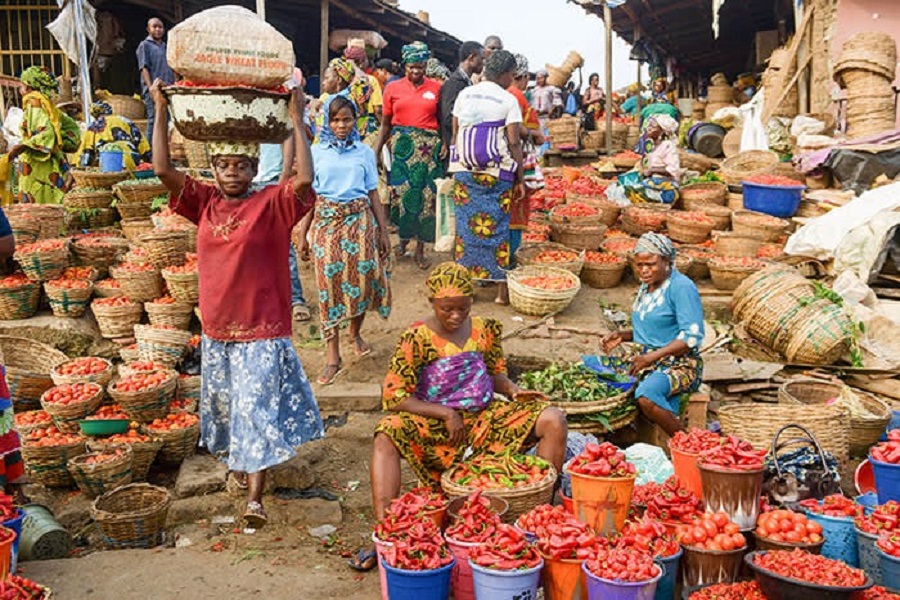A recent report titled ‘The Continuing Urgency of Business Unusual’ by the World Bank predicted that the current inflation shock will push additional 15 million Nigerians into poverty in 2 years. While this outlook neatly aligns with our expectations, our focus on today’s note is the continued rise in prices of food staples which has been pushing many households below the poverty line.
According to the selected food price watch data for May 2022 released by the National Bureau of Statistics (NBS), major consumer staples showed significant increases year on year and month on month. Y/y, all prices of the 43 food items that make up the food watch basket increased considerably.
Also, on a m/m basis, save for Tomato, all food items rose considerably. In our view, the monthly increase can be
associated with the impact of elevated energy prices caused by increased diesel cost, and its pass-through effect on transport costs for food items. This was reflected in the m/m increase in food inflation, which rose 2.01% m/m.
On a y/y basis, across the widely consumed food staples, beans in the two variants surged higher; brown, sold loose (up 32.2% y/y) and white, black eye, sold loose (up 37.2% y/y). Also, Maize in its two variants,
white sold loose (up 26.5% y/y) and yellow sold loose (up 21.9% y/y).
Rice in all its variants when compared to other food items has increased moderately, from agric sold loose (+13.9% y/y) to local sold loose (+12.5% y/y), medium grained (+12.6% y/y), and imported high quality sold (+13.9% y/y). It is also safe to assume that related transport and other incidental costs may have also caused the modest increase. To a great extent, the government has been relatively successful in stimulating local rice production using incentives such as subsidized loans, cheap fertilizers, free farmland, and tax rebates.
Beyond the monetary interventions, we believe the possibility of developing rice plantations in most parts of the country in commercial quantity makes it less susceptible to shocks caused by insecurity when compared to some food items that can only be grown in certain regions of the country.
That said, we believe the government needs to pay more attention to the rice value chain as many consumers still complain of the poor processing of local rice, which still makes consumers resort to imported rice. Moreover, a lot still needs to be done to bring down the price of local rice as it remains high, almost at par with the price of imported rice.
Since the reopening of the four major borders in December 2020, there has been no respite, as food prices have continued to rise. Recently, four more borders were reopened which to some extent should provide some respite.
However, given the current economic realities, particularly, the Russian invasion, which poses sizable disruption to the food chain supply, the gains from the border reopening are yet to be seen Again, the recent fuel scarcity, if
elongated beyond expectations may worsen the current situation especially amidst the low food production that comes with the current planting season.
Though food prices have been on the rise globally, the factors behind the country’s increasing food prices are peculiar. Besides food prices, the long queues seen in major fuel stations will have far-reaching consequences on many other items, if not urgently addressed.
CSL Stockbrokers Limited, Lagos (CSLS) is a wholly owned subsidiary of FCMB Group Plc and is regulated by the Securities and Exchange Commission, Nigeria. CSLS is a member of the Nigerian Stock Exchange.
